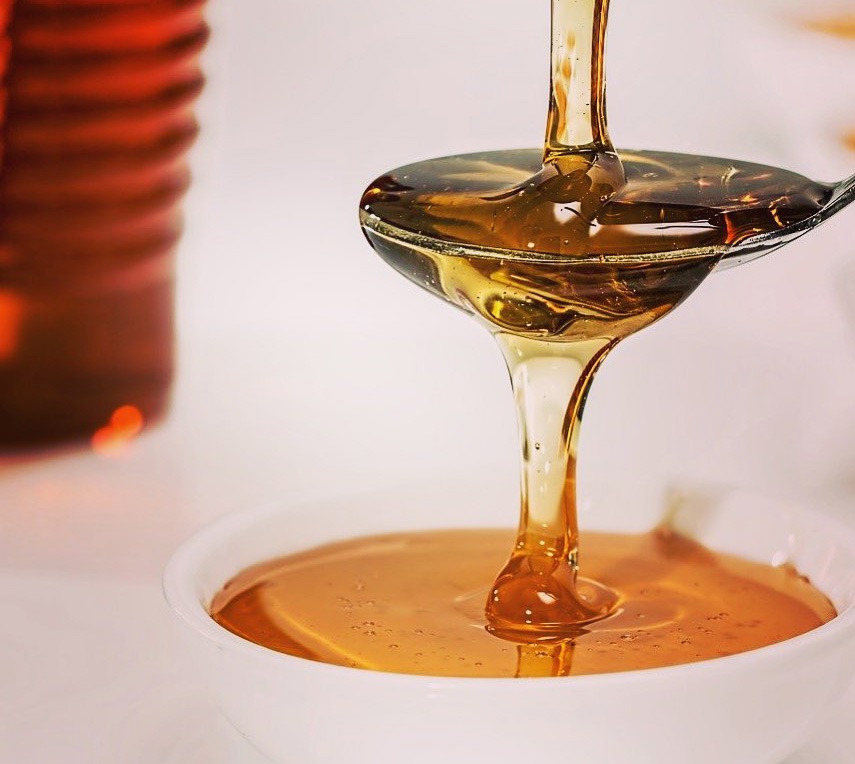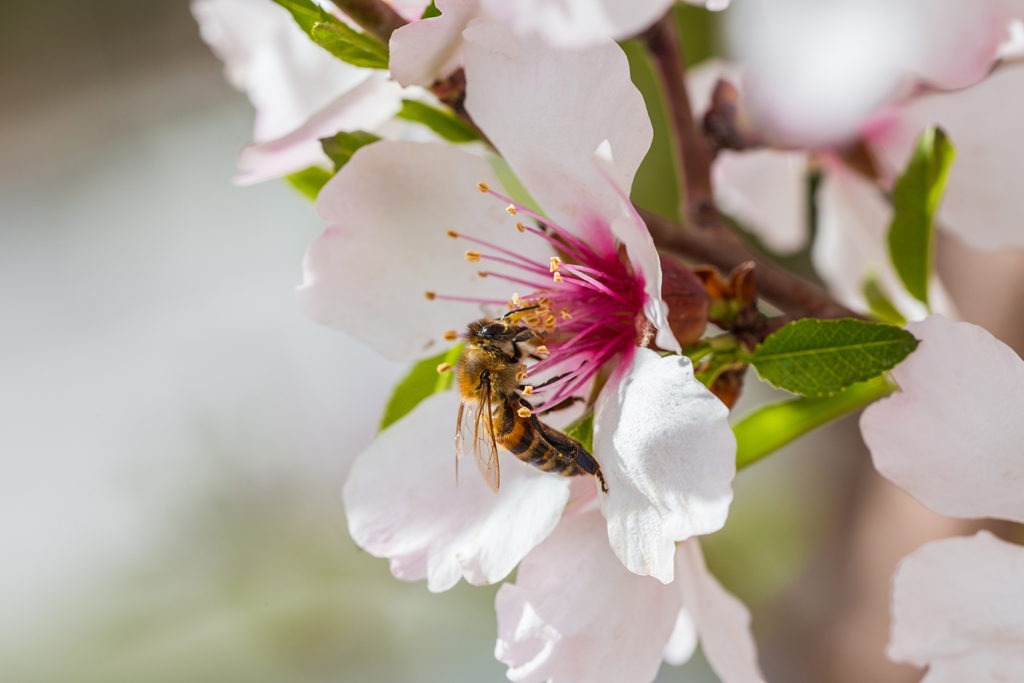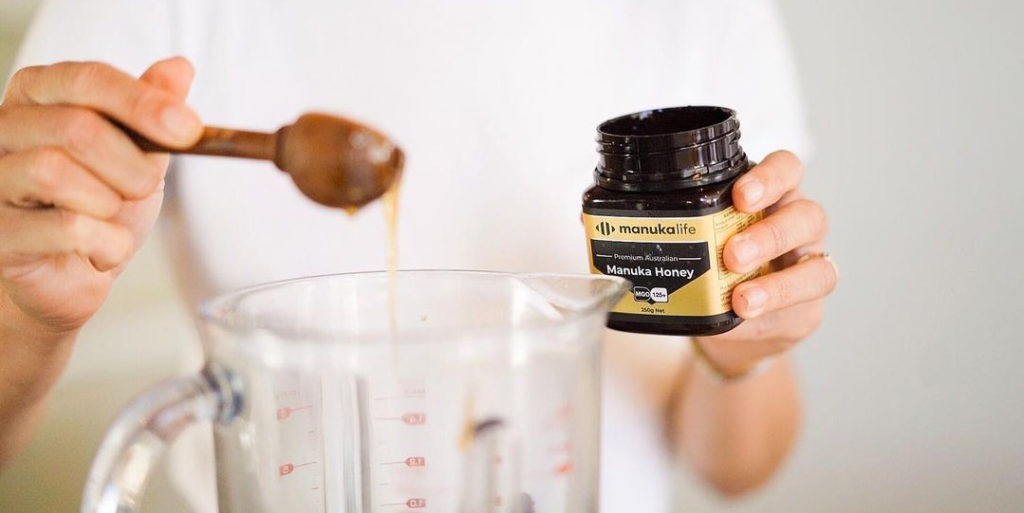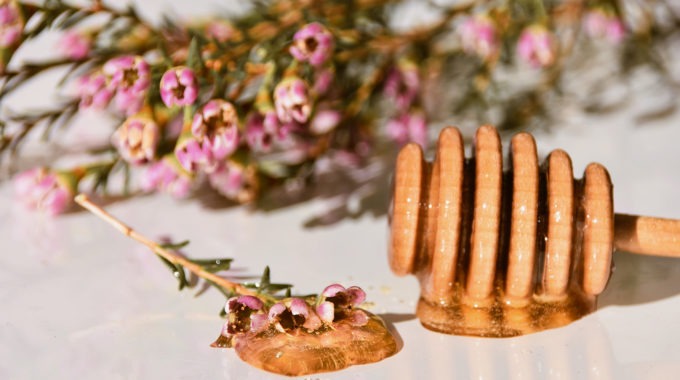Time running out for Australian manuka
Australia’s manuka honey industry says it has been all but abandoned by the Australian government as it fights for survival, risking a $1.2 billion market and thousands of jobs.
Several years ago, New Zealand manuka honey producers launched a landmark court case to trademark the name “manuka”. This led to the formation of Australian Manuka Honey Association (AMHA), and a court battle that continues to drag on. While the New Zealand government has taken the unprecedented step of funding the case (currently in excess of NZ$1.4m), the Australian manuka industry is yet to receive any tangible support from our government, despite recent political commitments to invest in Australian manufacturing.

Too late to collaborate
Trade Minister Dan Tehan recently made a statement to the ABC that Australian and New Zealand governments and beekeepers should hold a “workshop” to end the long-running dispute, which AMHA Chairman Paul Callander says is “a waste of time”.
“We’ve been fighting this battle for three years now,” Callander tells Eativity. “Yes, collaboration is a good long-term goal. But when you’ve got the New Zealand government funding and facilitating a trademark issue? Why on earth would they collaborate?
“New Zealand exports a lot of honey to Australia. We can’t export any to New Zealand. And now they’re trying to put us out of an industry that we’ve got every right to be involved in. Manuka was first identified as a plant in Australia in 1840; manuka is a term that was used first in Tasmania, for a product derived from a Tasmanian native plant.”

An unprecendented attack
There is currently a 5000-page evidence statement with the intellectual property offices in the United Kingdom and New Zealand. This shows the history, geography and science of Australian manuka honey, offering proof that Australia has native leptospermum varietals. This is the plant which manuka honey comes from – and it has been here for centuries.
New Zealand producers have sought certification trademarks in the United Kingdom, United States, Europe, New Zealand and China. A court hearing was set for today and tomorrow in New Zealand. However, the hearing will now take place within the next quarter.
“We don’t know why, but they cancelled it,” Callander says. “They called us last Friday.”
“We need our government to stand up, get involved, negotiate and shut this down. Because this is setting a precedent in the hijacking of what is a descriptive term. You’ve got a government facilitating a trademark, and no one’s done that before. The New Zealand government certainly hasn’t done that before.”

Thousands of Aussie jobs at risk
Callander asserts the warring industries should aim for “collaboration, not confrontation”. A better use of time would be promoting both Australian and NZ manuka to global markets, he says. Estimates suggest the global manuka market will be worth $1.27 billion by 2027.
“[If New Zealand wins] it’s going have an immediate impact,” Callander warns. “The very essence of our industry is under threat. If they were to win a case, it would have a significant impact on the whole industry,. That’s thousands of jobs.”
Jobs in the Australian manuka industry extend far beyond the bees and beekeepers. Thousands of Australians work in the manuka honey industry. This includes science, pharmaceutical, research, logistics, marketing, manufacturing and sales channels.
“We are urgently calling on our Australian government to leverage all their relationships in New Zealand,” Callander says. “To negotiate an outcome that is in the best interests of both Australian and New Zealand producers. And that avoids these costly legal disputes.”
You can support the Australian manuka honey industry by only buying Australian manuka honey. Look for the AMHA’s Mark of Authenticity on the label. As a result, you can be sure the honey is pure, produced in Australia entirely, and tested by an independent, approved laboratory. It also ensures the honey meets minimum standards of naturally occurring antibacterial components methylglyoxal (MGO) and dihydroxyacetone (DHA).









